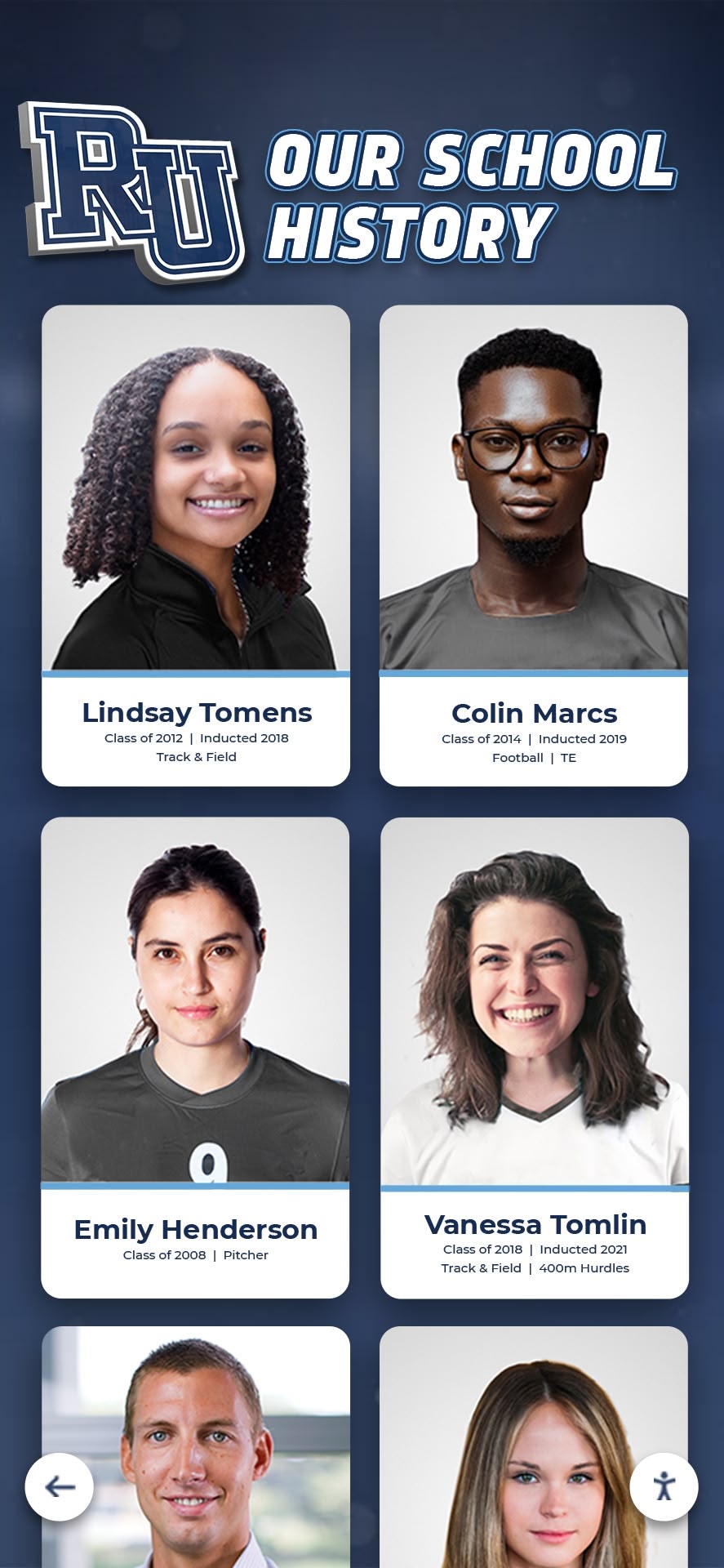
Best Way to Capture the History of a School: Complete Guide to Preserving Educational Legacy
Every school has a story worth telling—decades of educational excellence, memorable traditions, inspiring educators, accomplished alumni, championship teams, and defining moments that shape institutional character. Yet without intentional preservation efforts, these irreplaceable stories fade as memories dim, photographs deteriorate, documents scatter, and those who experienced pivotal moments are no longer available to share their perspectives. Capturing school history effectively requires systematic approaches combining modern digital technology with traditional archival methods, transforming fragmented memories and scattered materials into comprehensive, accessible heritage collections that inspire current students, engage alumni, and preserve institutional legacy for future generations. Schools that successfully capture and preserve their history discover profound benefits extending far beyond nostalgic reminiscence. Current students develop stronger connections to institutional identity when they understand the traditions they’re continuing. Alumni maintain emotional bonds supporting engagement and philanthropy when they can access memories and achievements from their own school years. Prospective families gain confidence in educational stability when they observe institutions that value and preserve their heritage. Most fundamentally, comprehensive historical preservation ensures that future generations can learn from the past, understand institutional evolution, and appreciate the foundations on which their present opportunities were built.
Read More
Oral History Interviews: Complete Guide to Recording Alumni Stories, School Legacy, and Community Memories
Every school, university, and organization possesses irreplaceable stories waiting to be told—narratives of triumph and challenge, innovation and tradition, that capture institutional essence in ways no official records can match. Oral history interviews represent one of the most powerful methods for preserving these authentic voices, creating rich multimedia content that honors individual experiences while strengthening community bonds across generations. This comprehensive guide explores proven techniques for conducting compelling oral history interviews, from planning and preparation through recording, editing, and integration into digital recognition displays that inspire current students and celebrate distinguished alumni. Understanding Oral History: More Than Just Recording Conversations Oral history represents a disciplined methodology for collecting, preserving, and interpreting first-person narratives about events, experiences, and perspectives that shape institutional identity. Unlike casual interviews or informal conversations, oral history follows systematic approaches that ensure historical accuracy, ethical responsibility, and lasting value.
Read More






























